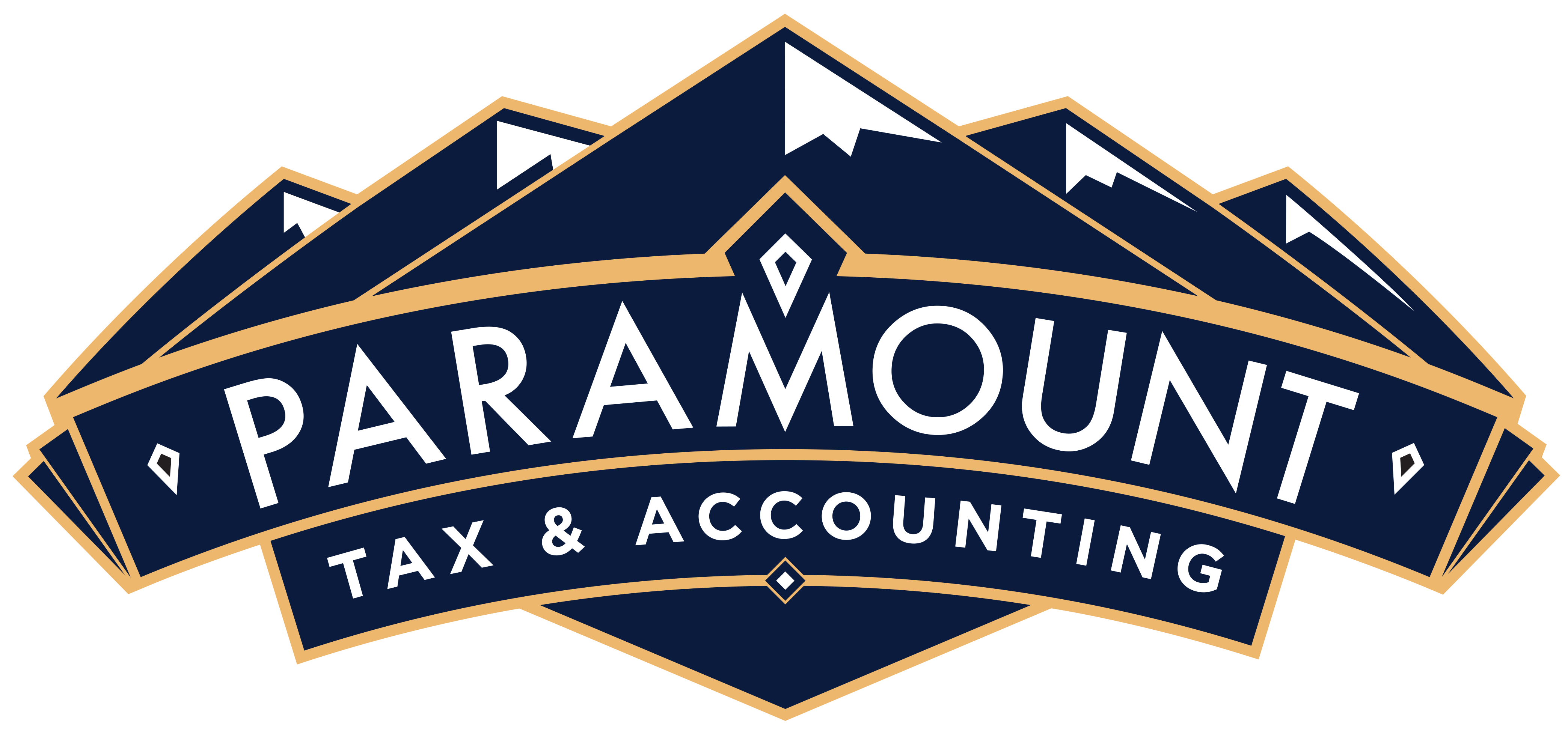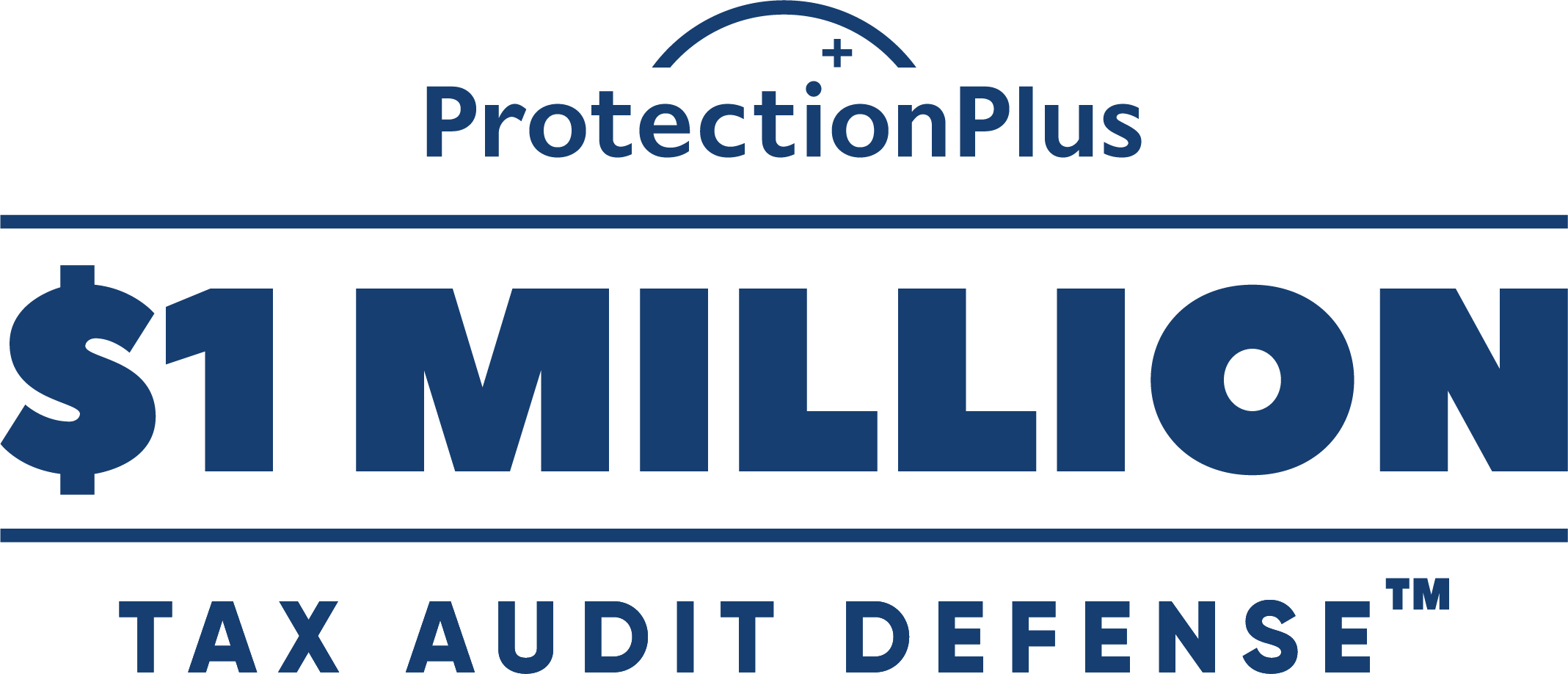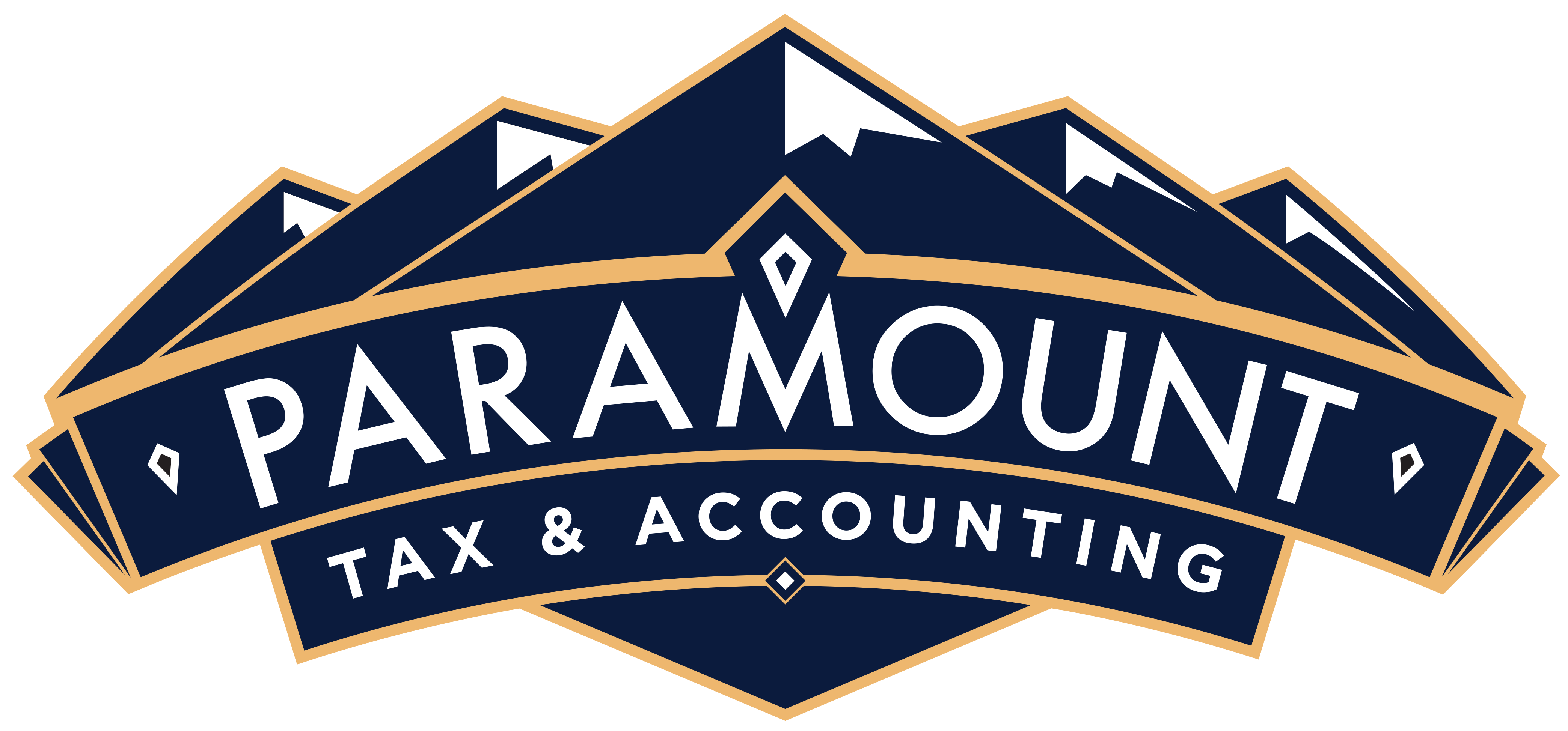Paramount Tax & Accounting Sandy Blog
Every 2023 Tax Deadline You Need to Know
A new year brings new goals, new experiences—and a new tax season. Time to gather the various forms you need and navigate sometimes confusing deadlines. But it's worth it to ensure you have the right papers at the right time to get your money back in your pocket.
Deadlines can be complicated, and it's easy to get confused about what you need and when. We've rounded up all the tax deadlines you need to be aware of to make this tax season a smooth one. If you get overwhelmed or need help filing your taxes, don’t worry — Paramount Tax & Accounting Sandy is here to help!
When to Expect Your Forms
If you're filing an individual return, you can start as soon as January. However, you'll need all your documents first; many won't arrive until February.
Your employer has until January 31 to place your W–2 form in the mail. If you own a small business, remember to send the forms out to your employees before it's too late.
If you work as an independent contractor or are self–employed, you'll receive your 1099 forms around the same time. For those who receive royalties, collect rental income or won the lottery, you'll receive forms for other income types.
If you think your employer didn't send your forms, or if you think they have been lost in the mail, reach out sooner rather than later. You won't be able to file your taxes until you have all of your documents.
When to File Your Taxes
Tax Day has traditionally been April 15, but we get a few extra days this year. April 15 falls on a Saturday in 2023. The following Monday is Emancipation Day, an observed holiday in Washington, DC, which pushes the deadline back even further.
If you are filing as an individual or have a small business, that puts your deadline to file your federal taxes on Tuesday, April 18. Deadlines for individual state taxes depend on your state.
It's possible to push the deadline to October 16 if you need extra time to get your paperwork together. However, you must file for an extension before April 18. You can get hit with strong penalties if you miss that April date.
There are other reasons you can also push back that April deadline if needed. If you're a victim of a federally declared disaster such as an earthquake, a massive storm, a hurricane or a wildfire that hits right before Tax Day, you can qualify for an extension of the tax deadline.

When to Pay What You Owe
This is where deadlines can get a bit confusing. When you file your taxes vs. when you pay the government what you owe can have different deadlines.
Your taxes are due on Tax Day, which is April 18 in 2023. However, even if you get an extension on the date to file your taxes, you still have to pay what you owe by April 18.
If that seems like a lot of money to pay at once, there are ways to make it easier. You can apply to the IRS to be put on a payment plan. You'll be able to sign up for monthly payments, but you will also have to pay interest. Not paying can result in criminal penalties and hefty fees.
When to Expect Your Money
This is the deadline everyone wants to know. Unfortunately, there isn't a date set in stone for when your money will be in your pocket.
Multiple factors influence when you receive your tax return. You can typically expect to receive your return three weeks from when your return is processed. This can take longer if you incorrectly filled out information, which means you may also be flagged for fraud.
Filing electronically and choosing to receive your refund via direct deposit will get your money in your account faster. Filing earlier in the season also means receiving money earlier. You have three years after a due date to claim your refund. After that, you forfeit that money to the US Treasury.
A Few Exceptions
If you are an independent contractor, gig worker or self–employed, you may make quarterly payments that are pre–set throughout the year.
If your small business uses a fiscal year, your return is due on the 15th day of the third or fourth month after the end of your fiscal year. If that day falls on a weekend or holiday, the return is due on the following business day.
The filing deadline for partnerships and S–Corps is March 15 unless the organization operates on a fiscal year.
If your business makes quarterly tax payments, those are due on April 18, June 15, and September 15 of 2023, and January 15, 2024.

Make it Easier on Yourself
Hiring a professional clarifies the process of filing your taxes and can protect you from an IRS investigation. Paramount ensures your tax filing gets the attention it needs to maximize your potential return. We also offer free tax reviews to help you see if you've missed out on potential refunds from previous years. Call us today to get an early start on maximizing your return.



